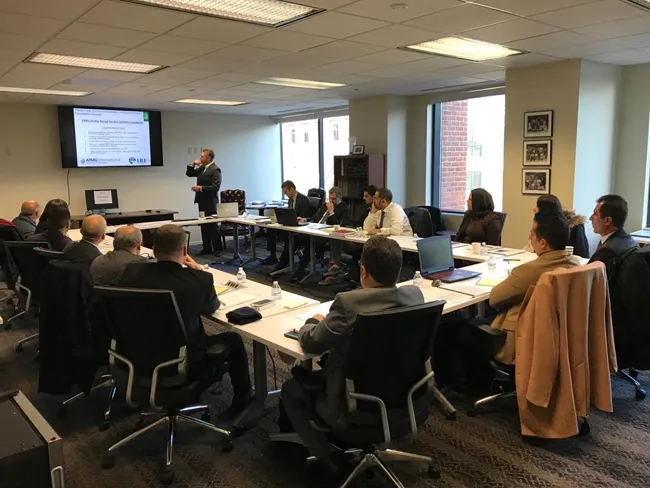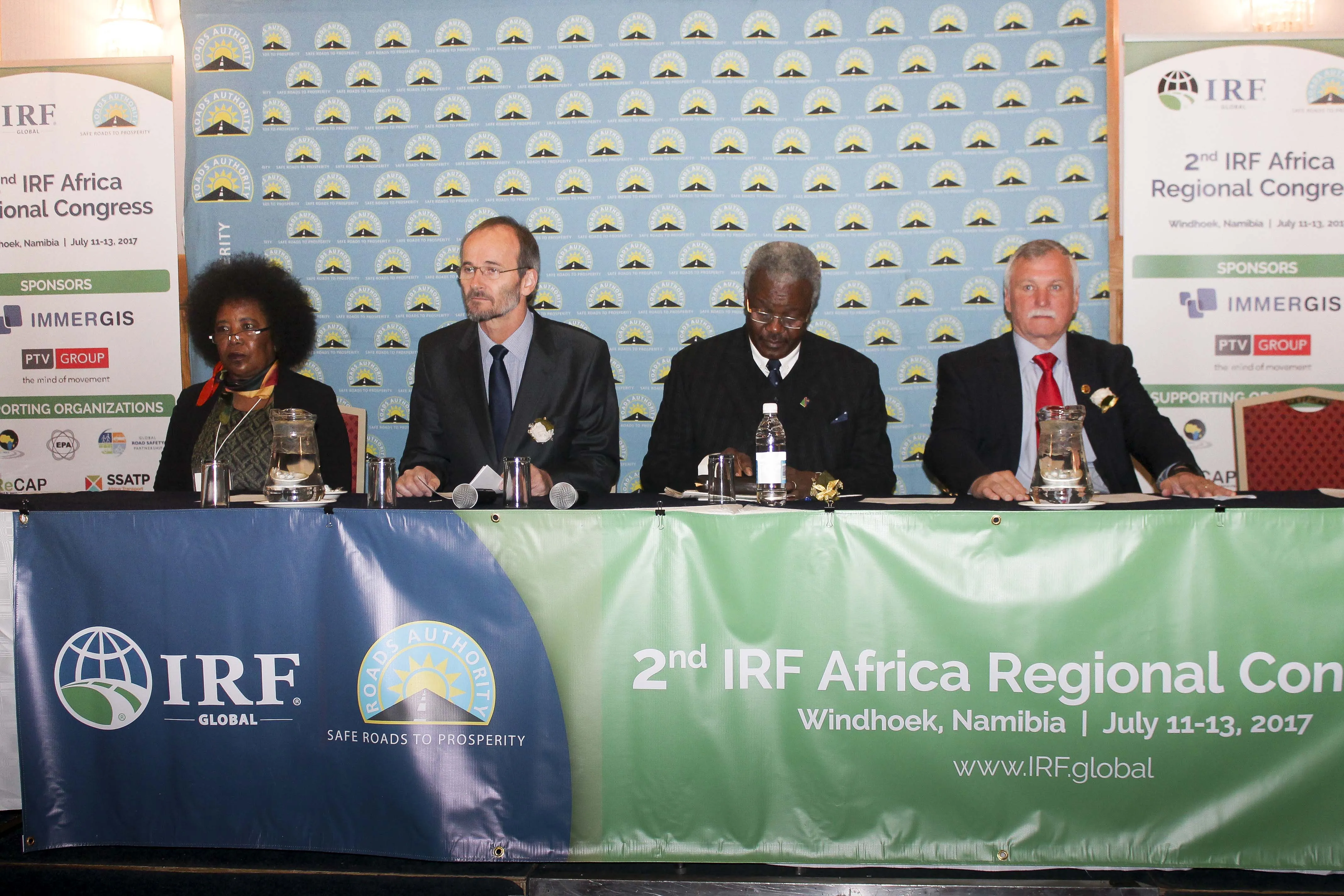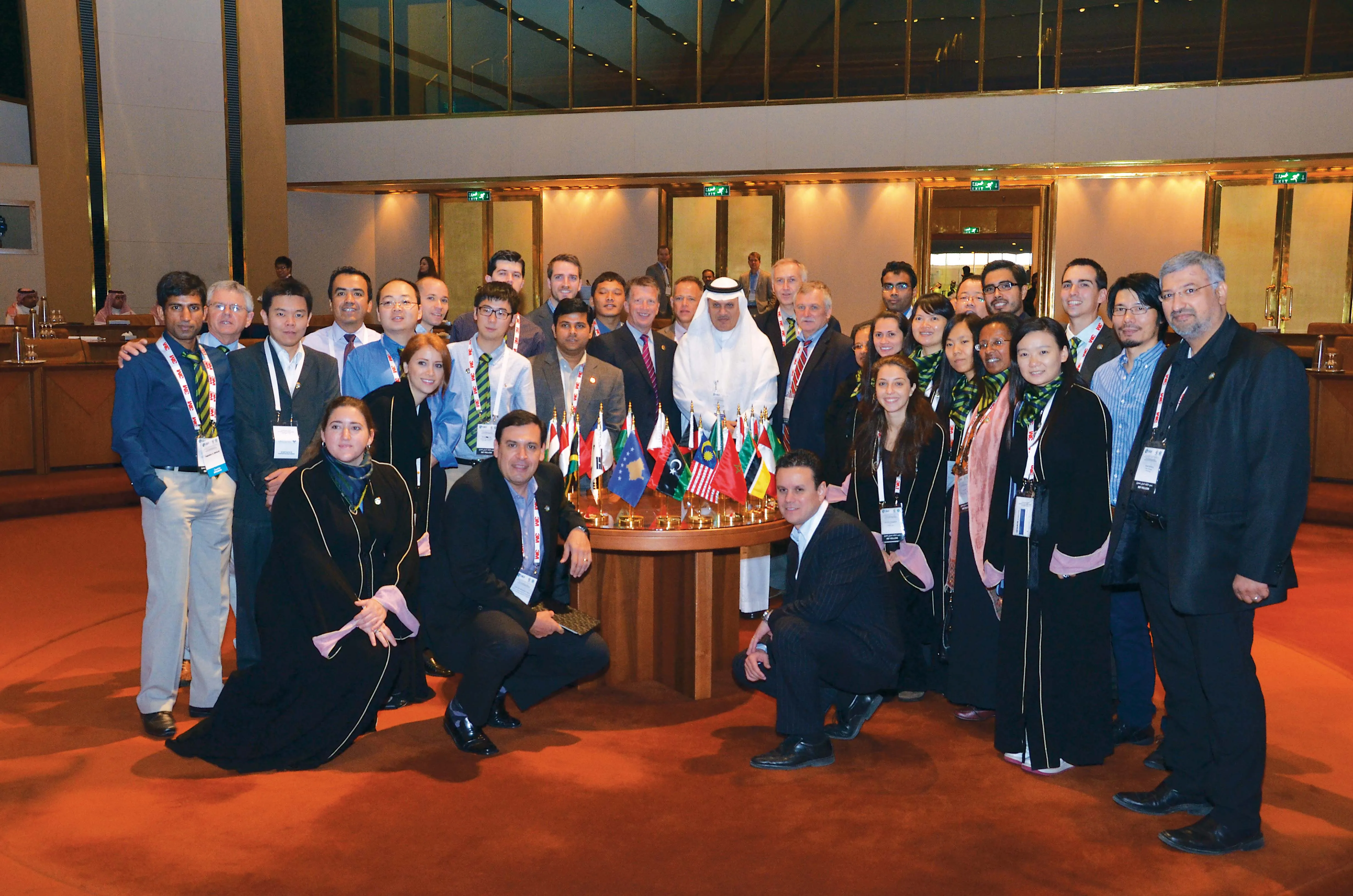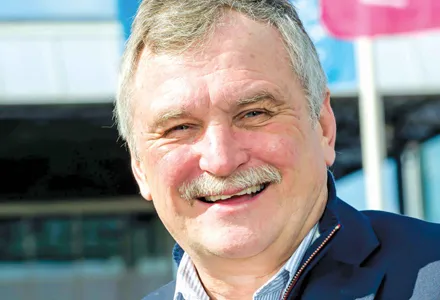
For 70 years, an essential part of IRF’s mission has been the organisation and delivery of continuing education services that help strengthen human skills and contribute to the dissemination of knowledge and field expertise.
Today, the
Each course not only provides the most relevant, up-to-date information and best practices and solutions, but is also designed to assist attendees in learning to correctly apply the knowledge gained. These courses are available around the year, either in-country, as part of an international study tour, or at one of IRF’s training hubs in Washington DC, Zagreb, Kuala Lumpur and Dubai.
IRF’s offering of training services has also been expanded to include global certification programmes in road safety auditing and public private partnerships.
In May 2017, IRF introduced a global credential programme for road safety audit team leaders which remedied a critical gap by offering a pathway for seasoned road safety auditors who wish to enhance their qualifications at home or seek work abroad. In August 2017, IRF joined an elite group of providers accredited to administer Public-Private Partnership proficiency credentials to aspiring transportation professionals on behalf of leading international financial institutions.
The new training catalogue thus represents a notable milestone for representatives of public agencies, consultants, contractors, and development organisations. New courses offered by IRF include a five-day workshop on “procurement and contract management in highway projects”. This spans the entire project cycle, from the planning and needs assessment, pre-qualification and qualification of contractors, to the tendering process, procurement negotiation, and best practices in project supervision with a critical emphasis on ethics and financial integrity.
Two companion courses will now guide participants through critical design and maintenance choices to make their road networks more environmentally sustainable and climate resilient. “Many non-traditional waste or by-product materials that have found their way into use in roadways from recycled tyre rubber, to fly-ash, crushed concrete and industrial byproducts,” noted IRF president & CEO, C Patrick Sankey. “Our course will explain what works and why.”
Nor is traffic safety overlooked, with three new courses covering speed enforcement, network safety management, and post-crash investigation. These courses are all designed to leverage recent advances in technological applications and data processing algorithms to ensure the value of traffic injury reduction programs is maximised.









